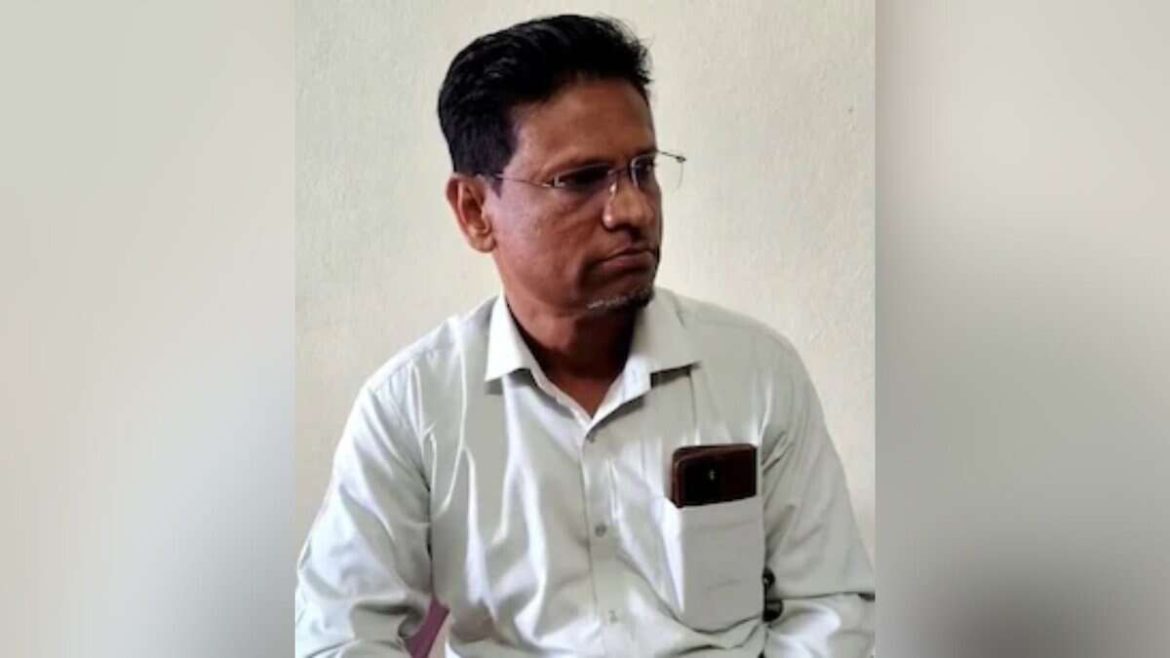Teacher Suspended After Complaints
In India’s central state of Madhya Pradesh, a Muslim yoga teacher at a government middle school has been suspended over allegations that he taught Hindu students yoga postures resembling Islamic prayers, or namaz.
According to local media reports, the incident occurred during a routine yoga class. Parents reportedly raised concerns that the teacher instructed students in a posture that visually resembled the act of Islamic prayer. Following these complaints and protests, the school administration took immediate action and suspended the teacher.
Investigation and Local Pressure
School officials have established an inquiry committee to investigate the matter further. Sources indicate that pressure from local Hindu religious groups may have influenced the school’s decision to act swiftly. The administration emphasized the need to maintain harmony and address parental concerns promptly.
Teacher Denies Allegations
The suspended teacher, a practicing Muslim, strongly rejected the accusations, asserting that he was conducting yoga classes strictly according to government guidelines. He clarified that the posture in question is Shashank Asana, commonly known as the moon pose, which involves kneeling and leaning forward. While it visually resembles the act of prostration in Islamic prayer, he emphasized that it has no religious significance.
In a statement shared on social media, the teacher said, I am only teaching yoga, not any religious ritual. Suspending me without hearing my side is completely unfair.
Broader Debate on Religion and Education
The incident has ignited discussions on social media about religious intolerance and the role of religion in public education. Critics argue that such controversies highlight the challenges educators face when teaching practices like yoga, which may have cultural or spiritual connotations but are officially promoted as secular physical education in schools.
India has formally integrated yoga into school curriculums as part of physical and mental wellness initiatives, especially after the government’s nationwide campaigns following International Yoga Day in 2015. However, cases like this show that sensitivity to religious perceptions can significantly influence how these programs are received at the local level.
As investigations continue, educators and parents alike are watching closely, raising broader questions about balancing cultural traditions, religious sensitivities, and educational objectives in Indian schools.















